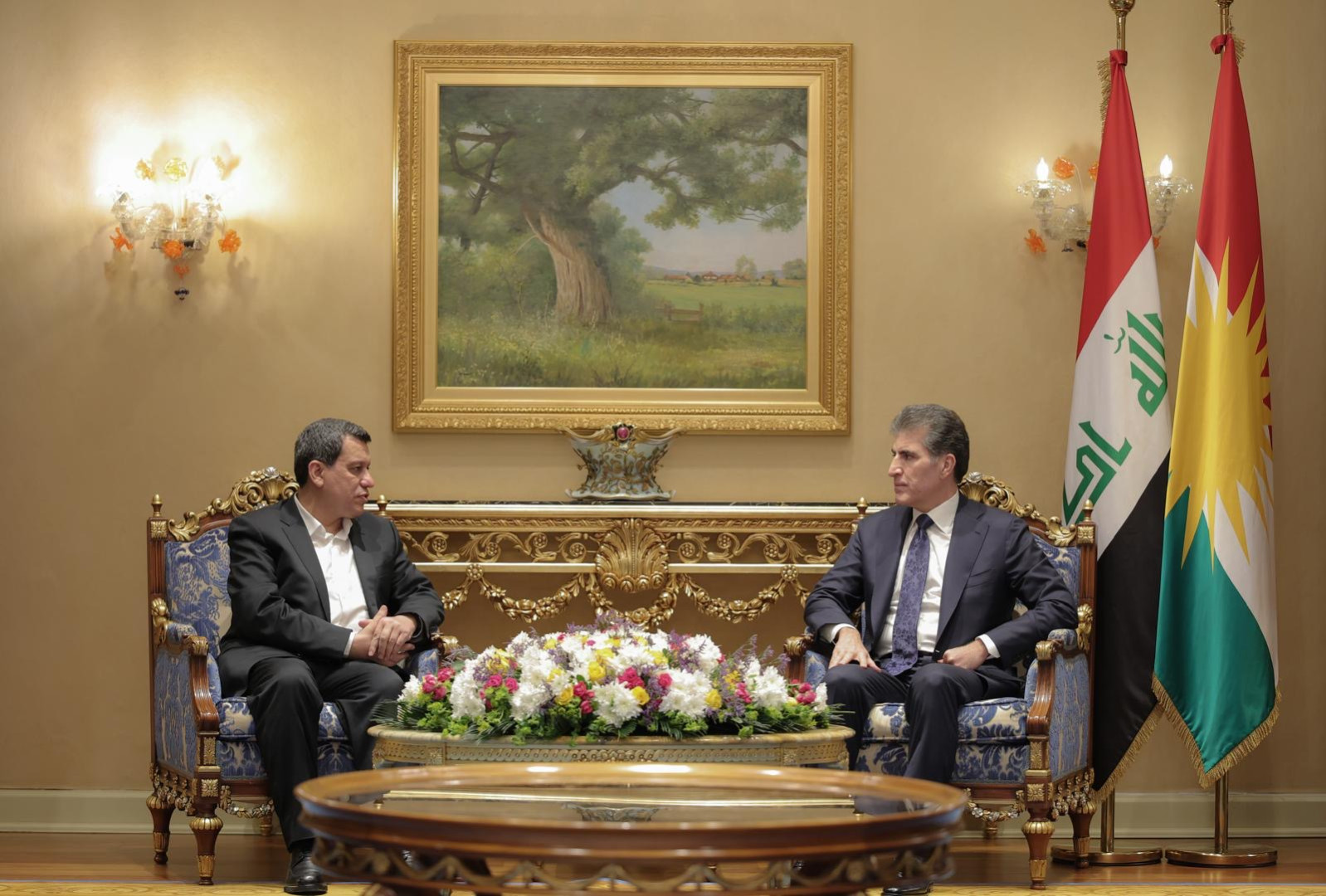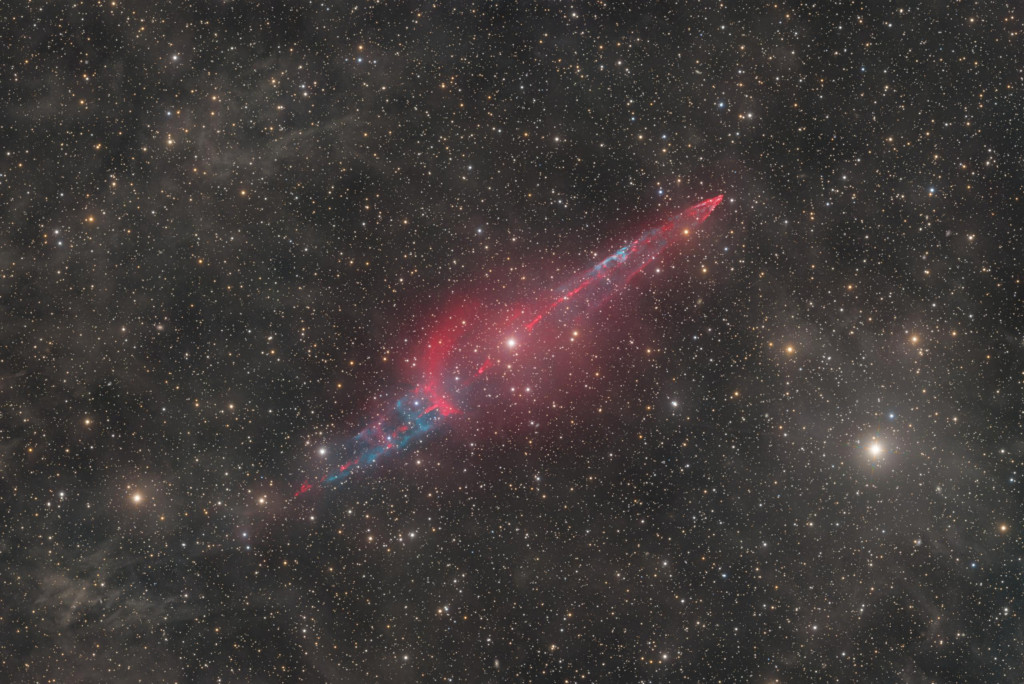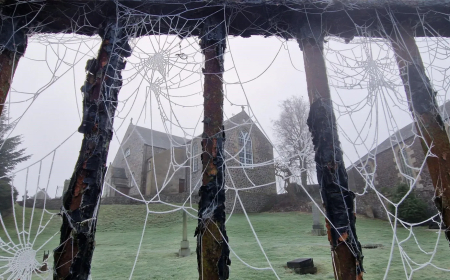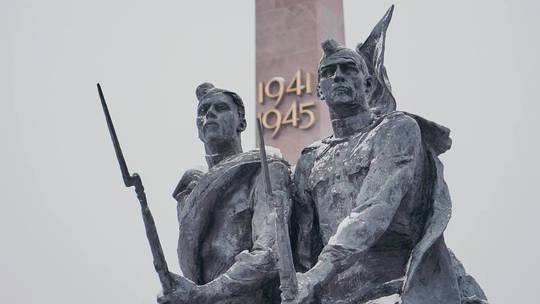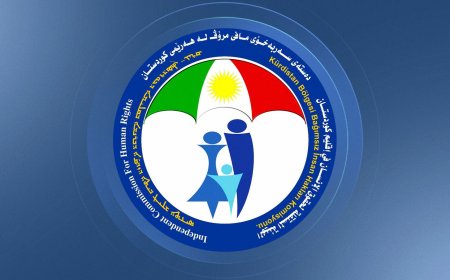Sheikh Abdulaziz Al-Sheikh, arch-conservative long-serving Grand Mufti of Saudi Arabia
He was the most powerful religious figure in a country which contains the two holiest sites of Islam, Mecca and Medina

Sheikh Abdulaziz Al-Sheikh, who has died aged 81, was Grand Mufti of Saudi Arabia for more than quarter of a century, the longest tenure of that office since it was created by King Abdul Aziz in 1953. He was descended from Muhammad ibn Abd al-Wahhab, the 18th-century founder of Wahhabism and Salafism, the most fundamental strands of Islamic thought.
As such, he was an arch-conservative, though in recent years he accepted changes in the kingdom promoted by Mohammed bin Salman, the crown prince and prime minister, such as allowing women to drive. The prince’s Vision 2030, launched in 2016, plans the economic, social and cultural transformation of Saudi Arabia.
Abdulaziz Al-Sheikh was described as “the last of the great Wahhabis”, indicating the decline of clerical clout in a state bent on modernisation. The choice of his successor by the royal family will indicate how far this process has gone.
The Grand Mufti, whose main role is to issue fatwas or opinions on legal and social matters, is the most powerful religious figure in a country which contains the two holiest sites of Islam, Mecca and Medina. His influence also extends over the global fundamentalist Salafi community.
In 2006 Pope Benedict XVI gave a lecture in Regensburg in which he quoted a passage from a dialogue in 1391 between a Persian and the Byzantine emperor Manuel II Palaiologos which said: “Show me just what Muhammad brought that was new and there you find things only evil and inhuman, such as his command to spread by the sword the faith he preached.”
The lecture led to widespread protests in the Muslim world and the Pope apologised for any offence caused. Shortly after, he visited Turkey and prayed in Istanbul’s Blue Mosque. The Grand Mufti accused Benedict of telling lies and concluded that reconciliation between religions was impossible.
In 2012 he himself stirred up controversy by declaring that all churches on the Arabian peninsula must be destroyed. Mehmet Görmez, the leading Islamic scholar in Turkey, said the fatwa totally contradicted the teachings of Islam, while Roman Catholic bishops in Germany and Austria expressed concern about the human rights of Christians in the Gulf area.
The Grand Mufti was forthright in his condemnation of Islamist violence, describing suicide bombings as great crimes and their perpetrators as rushing into hell. He was one of the religious scholars included in a death list drawn up by the Islamic State, or Isis.
Other opinions expressed by the Sheikh included permission for 10-year-old girls to marry, forbidding the playing of chess as a form of gambling, and condemnation of the Iranian Shia leadership as being Zoroastrian rather than Muslim.
Abdulaziz Al-Sheikh was born in Mecca on November 30 1943. He belonged to the Al ash-Sheikh family which, until his death, had provided all but one of Saudi Arabia’s Grand Muftis. He was orphaned aged eight and learnt the Quran by heart at an early age. He lost his sight as a teenager but did not allow this handicap to prevent his becoming a teacher, academic and preacher.
He was appointed as Imam of the Sheikh Muhammad bin Ibrahim Mosque in Riyadh in 1969, and 10 years later as assistant professor at the College of Sharia in Mecca. In 1987 he became a member of the Council of Senior Scholars, which advises the king on religious matters.
From 1995-99 he was deputy Grand Mufti and in June 1999 was appointed Grand Mufti by King Fahd following the death of Abdulaziz ibn Abdullah Al-Baz. As such, he headed the Council of Senior Scholars and the Permanent Committee for Islamic Research and Issuing Fatwas.
Sheikh Abdulaziz Al-Sheikh, born November 30 1943, died September 23 2025
[Source: Daily Telegraph]

